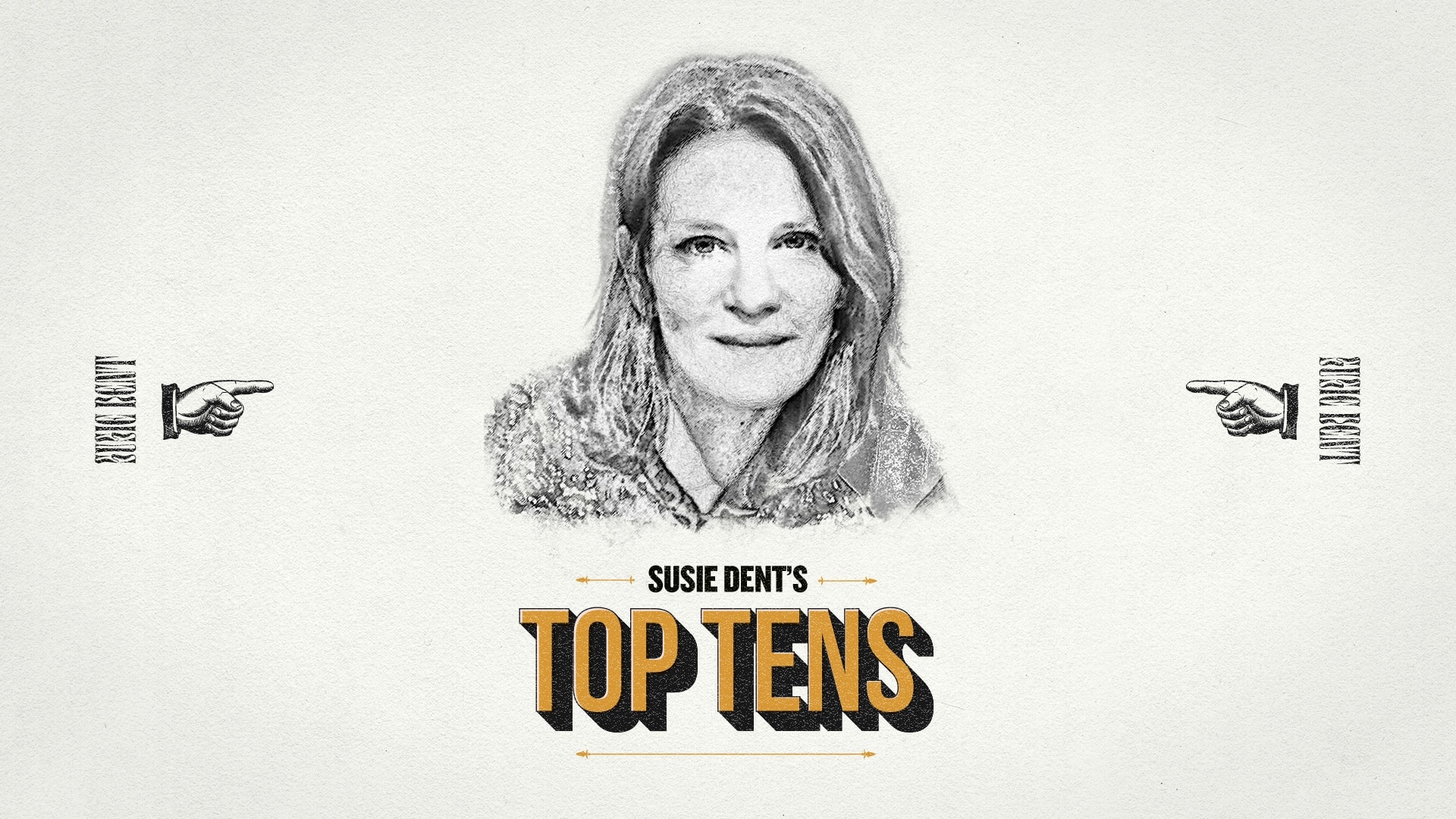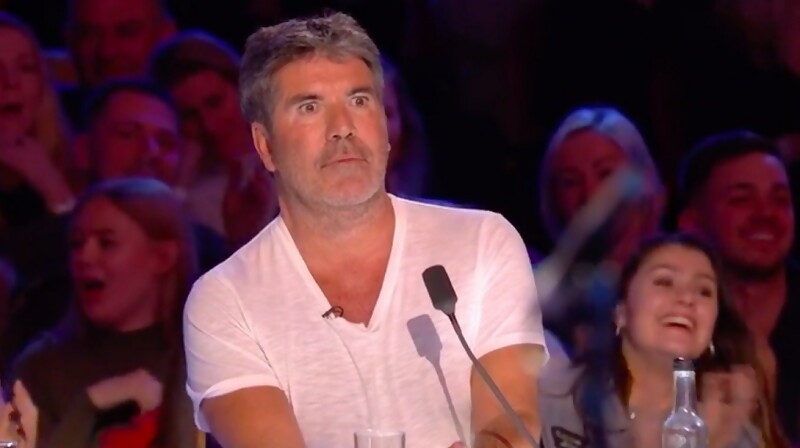
Susie Dent on the best German words that we don’t have. What do you call that pleasurable pain when scratching a mosquito bite? Or the embarrassment you feel when a stranger is humiliated?
What’s the word for the email we leave for later – because it’s too important to rush – and then forget about altogether? Or the pleasurable pain we feel when taking off a pair of really uncomfortable shoes? What about the sympathetic cringe you feel when watching someone doing something utterly humiliating on TV?
These are the questions that populate my timeline when it comes to gaps in our language, questions that are usually followed up by the statement, ‘Of course, Germans will have a word for it’.
It’s true – German usually does, thanks to its infinite elasticity and Lego-like capacity for linguistic pile-ups.
‘These things are not words, they are alphabetical processions’, wrote Mark Twain, who famously struggled with learning German and uttered such pronouncements as, ‘Whenever the literary German dives into a sentence, that is the last you are going to see of him till he emerges on the other side of his Atlantic with his verb in his mouth’. For me, this gnarliness is what is most beautiful about German, which, despite the stereotype, can also be the most melodious language on earth.

What’s the word for when someone does something embarrassing on telly and you feel their humiliation?
So here are my top ten German words, variously chosen because they manage to fill a distinct gap in English, elicit a smile, or pithily convey an emotion that you never knew needed a name until now.
Wohlweh
Here is the exact word for the pleasurable pain you might feel when scratching a mosquito bite or rubbing your eyes too hard.
Fremdscham
And this is the ‘stranger shame’ you feel when witnessing another’s humiliation. It is a second-hand embarrassment with a dash of ‘there but for the grace of God go I’ about it.
Torschlusspanik
Translated as ‘door shut panic’, Torschlusspanik is the fear in middle age that life is passing you by, and doors of opportunity are shutting in your face.
Backpfeifengesicht
One of the greatest of all German insults, this one-word confection is a handy put-down that hopefully is never acted upon. Put simply, it means ‘a face deserving of a slap’.
Zweisamkeit
For the Germans, Einsamkeit is loneliness. Replace the ein, ‘one’, with zwei, ‘two’, and you have the articulation of being with someone but lonely nonetheless.
Fernweh
Nothing describes the longing to be anywhere but here more than Fernweh, which flips Heimweh, or ‘home-sickness’, on its head and replaces it with ‘far-sickness’ – the desire to be far away.
Hamsterkauf
This rodenty word rests on the metaphor of a hamster storing food up for later. Hamsterkauf is the German equivalent of panic-buying.

To panic-buy is to Hamsterkauf
Kopfkino
For those of us who live in our head, Kopfkino, or ‘mind-cinema’, expresses the mental narrative we spin through when we imagine a scene about to unfold. It is usually reserved for wholly negative imaginings and is perfect for any catastrophiser.
Fingerspitzengefühl
There is intuition, and there is Fingerspitzengefühl, a ‘finger-tips feeling’ that describes a honed awareness of a situation combined with an intuitive flair for responding to it. Useful for anyone from footballers to violin players (and possibly prime ministers).
Want to hear more from Susie about the infinitely bizarre and fascinating world of language? She’s speaking to the top brass of British comedy and entertainment about just that, and it’s all free to listen to here on whynow.


